Top DevOps Questions And Answers To Crack Interviews
4.9 out of 5 based on 2541 votesLast updated on 31st May 2023 10.5K Views
- Bookmark

At Croma Campus, we're committed to helping individuals like you kickstart their careers in DevOps Technology.
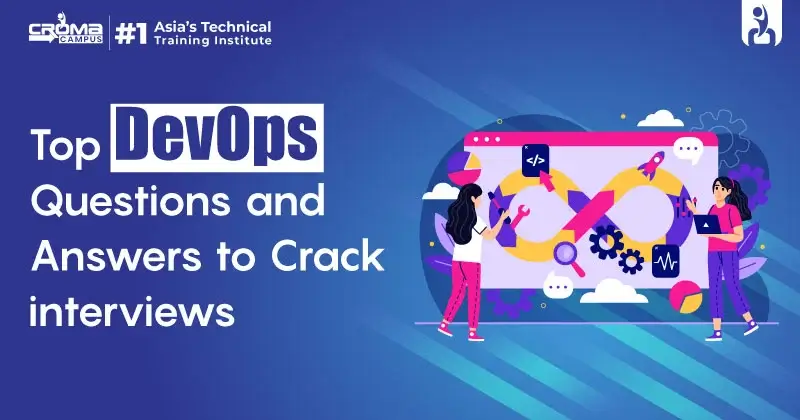
As the digital landscape continues to evolve, many job seekers are setting their sights on the exciting world of DevOps. If you're one of them, this blog is designed especially for you. Let's start with a story, one that will probably resonate with you.
Imagine that after weeks of relentless job hunting, you've finally landed an interview for a promising DevOps position. You're passionate about software development and operations, and eager to explore how the seamless integration of these two can dramatically improve productivity and customer satisfaction. This can be a challenging task if not sure about the right steps to proceed ahead.
However, with the right preparation and by joining DevOps Online Training with the right institute, you can confidently answer any question thrown at you. Here, at Croma Campus, we have an Azure DevOps Training program specifically tailored to equip you with the necessary knowledge and skills. But before we dive into that, let's first explore some common DevOps interview questions and their answers.
- What is DevOps?
DevOps is a combination of practices that enhances collaboration between the Development and Operations teams, fostering faster and more reliable software production. It emphasizes a shift in mindset, improved collaboration, and tighter integration.
- Can you explain the DevOps lifecycle?
The DevOps lifecycle consists of seven phases: Plan, Code, Build, Test, Release, Deploy, Operate, and Monitor, often referred to as the DevOps loop because of its continuous nature.
- How does DevOps improve software delivery?
DevOps improves software delivery by enabling more frequent releases, reducing the failure rate of new releases, shortening the lead time between fixes, and speeding up mean time to recovery.
- What are some popular DevOps tools?
There are various DevOps tools used for different stages of the DevOps lifecycle. Some popular ones include Git for version control, Jenkins for continuous integration, Docker for containerization, Ansible for configuration management, and Nagios for monitoring system health and performance.
- Can you describe a time when you used DevOps principles in your past work?
This is a situational question where you should provide a specific example from your experience. Illustrate your problem-solving process and how DevOps practices were applied to achieve a successful outcome.
- Agile vs DevOps?
Agile focuses on iterative development and collaboration, while DevOps unites development and operations to enhance cooperation and productivity, streamlining the software lifecycle.
- What's Continuous Integration?
Continuous Integration is the practice of frequently merging code changes to a central repository. It's a cornerstone of DevOps that helps detect issues early.
- Continuous Deployment vs Continuous Delivery?
Continuous Deployment means every change goes directly to production automatically, while Continuous Delivery means changes are ready to be deployed but need manual approval.
- Explain Infrastructure as Code (IaC).
IaC means managing infrastructure through code instead of manual processes, improving efficiency and consistency in a DevOps context.
- Role of microservices in DevOps?
Microservices allow teams to deploy and scale parts of an application independently, fitting well with the agility and autonomy promoted by DevOps.
- Docker in DevOps?
Docker packages applications with their dependencies into containers, promoting consistency and simplifying transitions between environments, helping teams in the DevOps culture to work more efficiently.
- Importance of version control in DevOps?
Version control tracks changes to the codebase, allowing easy rollbacks, concurrent work, and code history visibility - all critical in a DevOps environment.
- Handling failed deployments in DevOps?
In case of a failure, revert to the last stable state. Learn from the incident and refine the process to avoid similar issues in the future.
- What's configuration management in DevOps? Tools?
It's about maintaining system consistency and performance over time. Tools like Ansible, Puppet, and Chef help with this task in a DevOps setting.
- Data security in DevOps?
Security should be integral to the DevOps cycle, using techniques such as secure communication protocols, access controls, encryption, regular audits, and security testing.
- Monitoring in DevOps?
Monitoring helps detect issues early, keeps track of system performance and health, and is fundamental to maintaining a reliable DevOps environment.
- Challenges implementing DevOps culture?
Resistance to change, silo mentality, and the complexity of automation can be challenging. Overcome them by promoting collaboration, educating about DevOps benefits, and introducing tools gradually.
- Incident management in DevOps?
DevOps promotes quick incident response, automated recovery processes, and learning from incidents without blaming to improve future performance.
- Role of AWS in DevOps?
AWS provides services for infrastructure management, code deployment, and performance monitoring, aiding the implementation of DevOps practices. To know more about it you can enroll in Devops With Aws Training.
- Automation's contribution to DevOps? Tools?
Automation eliminates manual errors, boosts efficiency, and ensures deployment consistency. Tools such as Jenkins, Docker, Ansible, and Kubernetes are commonly used in a DevOps setting.
Final Words:
In conclusion, the secret to acing a DevOps interview lies in understanding the core principles and practices, being familiar with common tools, and possessing the ability to apply this knowledge to solve real-world problems. A career in DevOps is as challenging as it is rewarding, offering you the opportunity to play a crucial role in an organization's digital transformation.
At Croma Campus, we're committed to helping individuals like you kickstart their careers in DevOps. Our comprehensive DevOps Training program covers everything from the basics to advanced concepts, ensuring you're well-equipped for your next job interview. So, if you're ready to embark on a promising journey in the DevOps field, don't hesitate to reach out to us.
Remember, your dream job may be just one training away! Good luck with your next DevOps interview!
Subscribe For Free Demo
Free Demo for Corporate & Online Trainings.
Your email address will not be published. Required fields are marked *
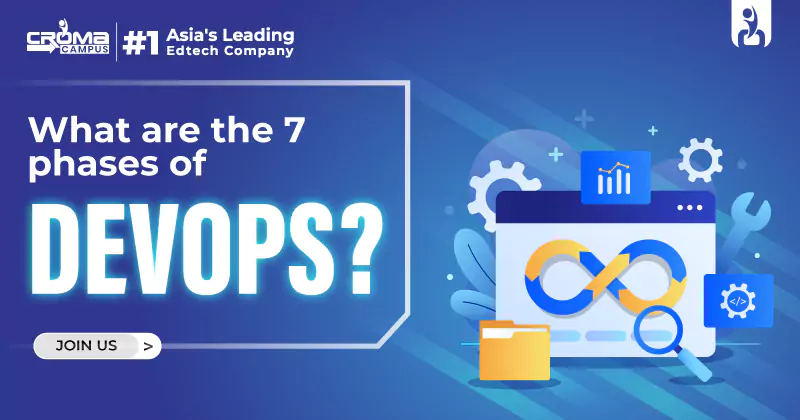
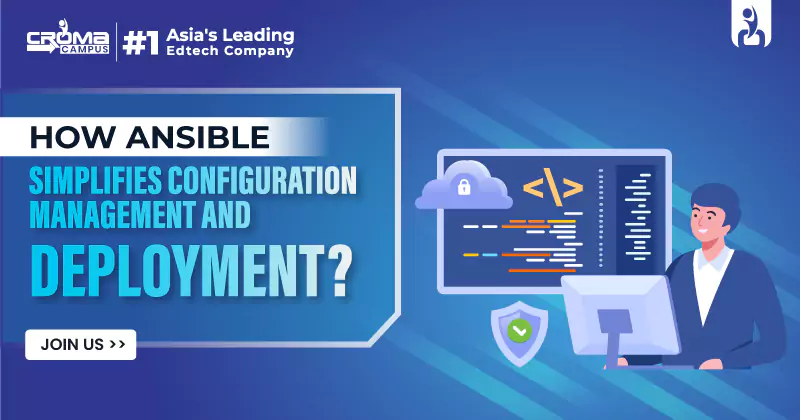
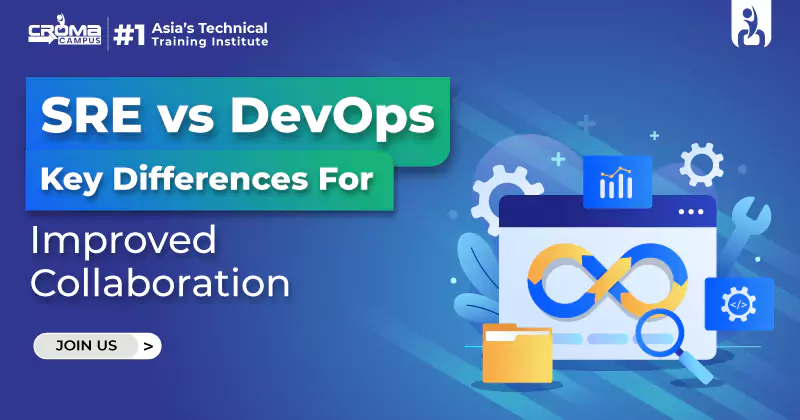

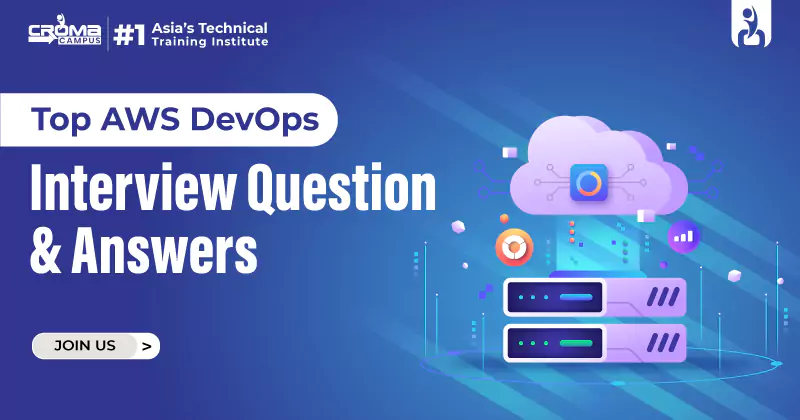
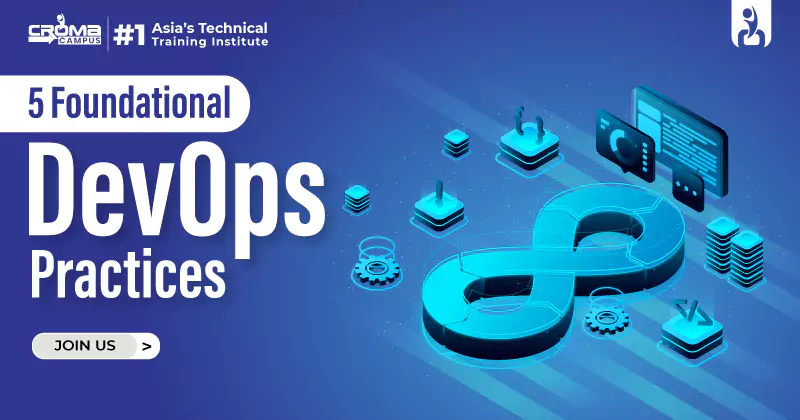
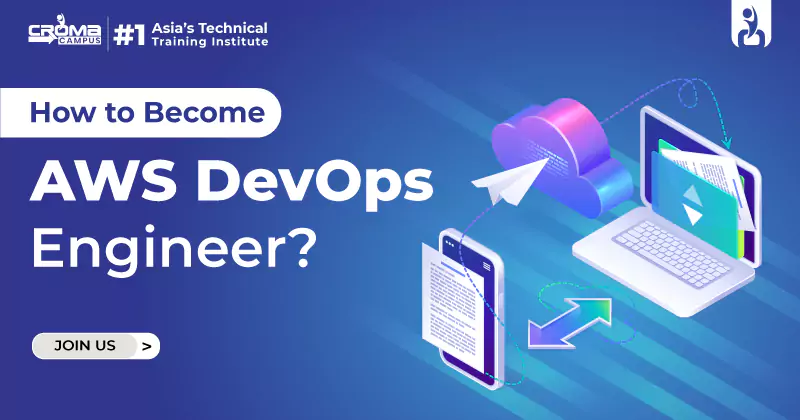

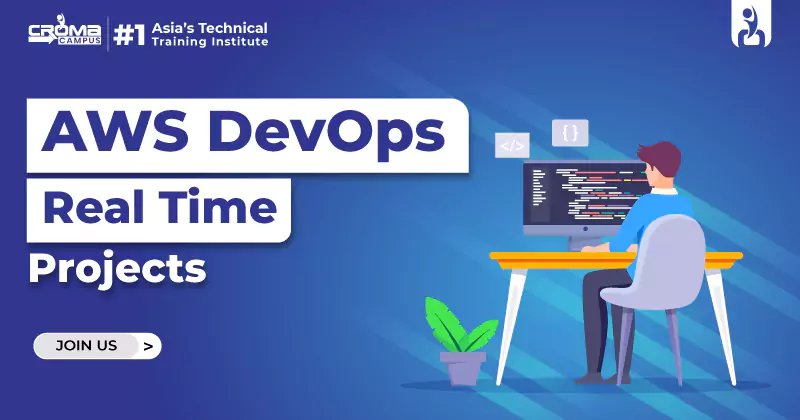
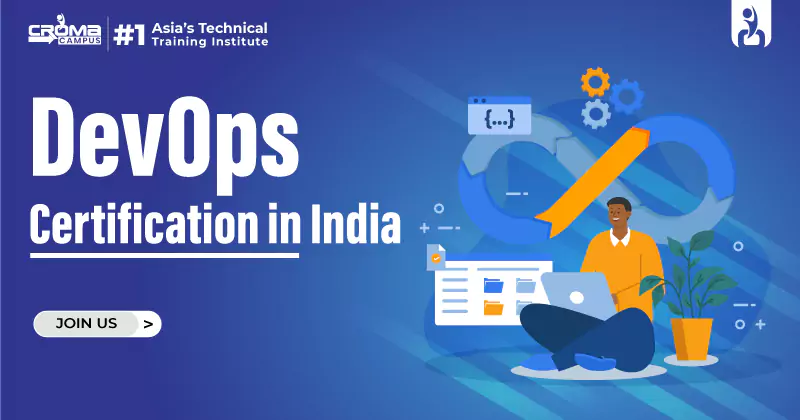
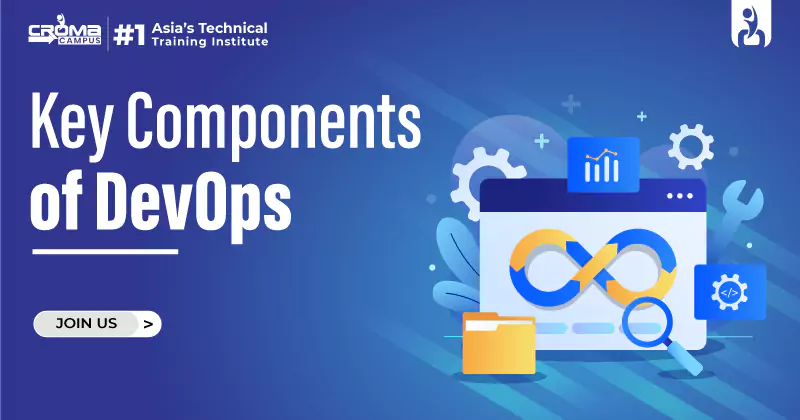
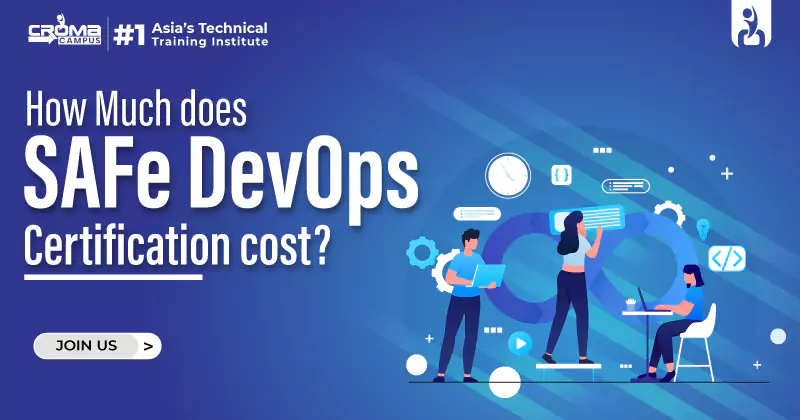










 Master in Cloud Computing Training
Master in Cloud Computing Training